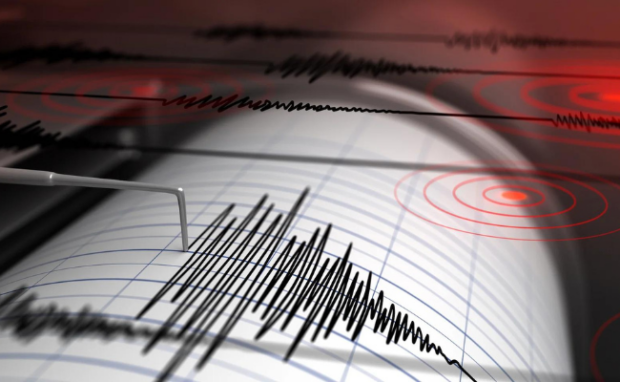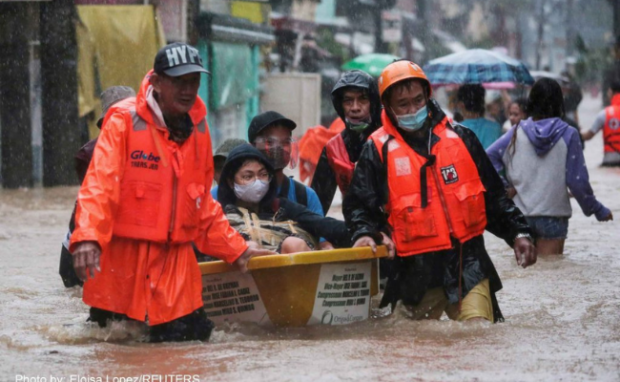Groundbreaking AI predicts 70% of earthquakes
It has been impossible to predict earthquakes, but artificial intelligence may change that soon. University of Texas researchers have created an AI algorithm that accurately predicted 70% of earthquakes a week before they happened. They admit that technology cannot reliably predict disasters anywhere in the world. Nevertheless, it delivered promising results.
It’s amazing to see how far artificial intelligence is taking humanity. It has gone from generating any text imaginable to potentially warning us of impending disasters. AI enables us to perform tasks once thought possible, so it is a good idea to learn more about its latest capabilities. Soon, your country may use this technology to save lives against natural calamities.
This article will discuss the promising AI earthquake prediction system. Later, I will discuss disaster management systems from Japan and the Philippines that may improve from this technology.
How does the AI earthquake prediction system work?

Photo Credit: news.ucr.edu
The University of Texas website said the researchers used a relatively simple machine learning approach to create their algorithm. Here are the steps it outlined:
- The experts started by giving their artificial intelligence statistical features based on the team’s knowledge of earthquake physics.
- Next, they commanded the AI to train on a five-year database of seismic data.
- Afterward, it listened for signs of incoming earthquakes.
Sergey Fomel, one of the researchers, said, “Predicting earthquakes is the holy grail. We’re not yet close to making predictions for anywhere in the world, but what we achieved tells us that what we thought was an impossible problem is solvable in principle.”
The director of UT’s Bureau of Economic Geology, Scott Tinker, acknowledged the team’s earth-shattering achievement. “We are very proud of this team and its first-place finish in this prestigious competition,” he said.
The trial was part of an international competition in China. “Of course, it’s not just location and magnitude, but timing that matters as well. Earthquake prediction is an intractable problem, and we can’t overstate the difficulty,” Tinker added.
You may also like: Poor air quality is now a worldwide concern
Alexandros Savvaidis, Texas Seismological Network Program (TexNet) chief, highlighted the significance of the project despite its limitations. “You don’t see earthquakes coming,” he noted.
“It’s a matter of milliseconds, and the only thing you can control is how prepared you are. Even with 70%, that’s a huge result and could help minimize economic and human losses and has the potential to dramatically improve earthquake preparedness worldwide,” Savvadis added. We already have AI earthquake prediction systems before the UT study.
However, their forecasts are often too generic for precise predictions. The team aims to integrate the system with physics-based models. That can help areas with poor seismic data, such as Cascadia. Its last major earthquake occurred hundreds of years before seismographs.
What are some of the latest disaster management systems?

Photo Credit: cdia.asia
The University of Texas researchers said their AI earthquake system could help nations struggling with disasters. Fortunately, the Philippines could be a suitable candidate for this device.
The Pearl of the Orient often faces multiple disasters because it is part of the Pacific Ring of Fire. Consequently, it uses powerful systems from other countries.
For example, the Philippines News Agency recently announced the government partnered with JP startup Spectee and JICA to launch an AI flood warning system.
It visualizes crises using data from numerous sources like climate information, social media, people traffic, and road and river cameras. Moreover, the JICA system confirms data with image and sentence analysis and credibility scores.
Human experts recheck the data, and then the AI provides reliable notifications through a digital dashboard. Also, the Department of Science and Technology – Philippine Council for Industry, Energy, and Emerging Technology Research and Development (DOST-PCIEERD) is developing a similar AI system.
You may also like: Globe telecom protects network against disasters
The Philippine Information Agency (PIA) said it is working on the DATOS or Remote Sensing Data Science. It helps disaster response agencies estimate a flood’s severity.
“Immediately kasi in disaster management actually you want to know where the affected areas are. This means you have to come out where they are so you can provide the necessary response like rescue, evacuation, things like that,” Dr. Enrico Paringit, executive director of DOST-PCIEERD, said.
The Philippines is eager and willing to adopt the latest technologies. Hence, the country can greatly benefit from the latest AI earthquake prediction system.
Conclusion
The University of Texas created an AI earthquake prediction system. The artificial intelligence can forecast 70% of seismic disasters weeks before they occur.
However, the research team admits their method still needs further research and development improvements. Nevertheless, we will likely see it as a staple for disaster management programs.
Get more details regarding this method from its journal in the Bulletin of the Seismological Society of America. Learn more about the latest digital tips and trends at Inquirer Tech.